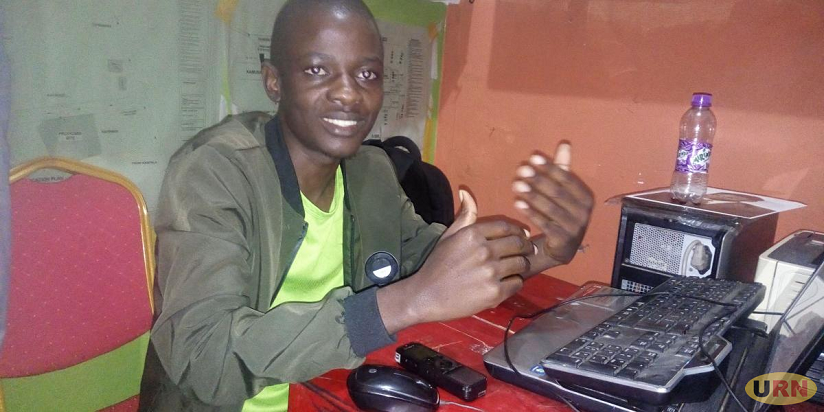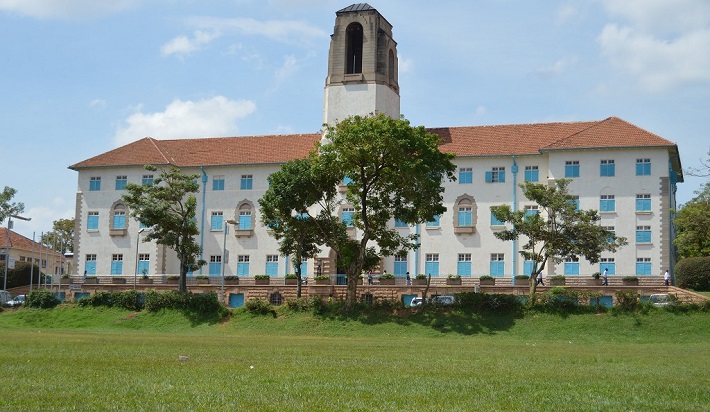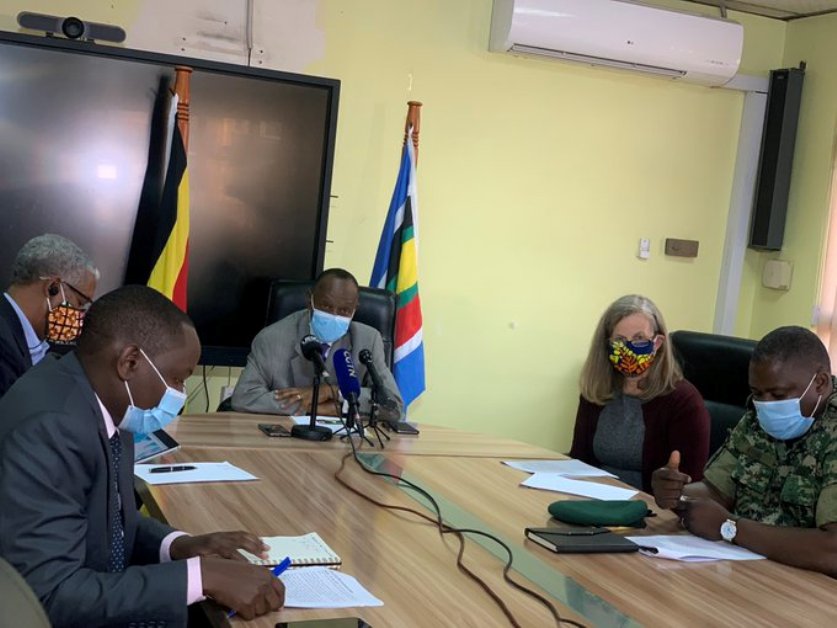Abey Lukyamuzi, a youth with disability in Masaka town who found his fortune selling learning materials during the lockdown.
The outbreak of a global Coronavirus pandemic presented itself as frustration to different sectors of the economy and people after it greatly affected their sources of income and livelihoods.
When the government declared a lockdown almost to all sectors, starting in March 2020, many people were circumstantially forced to make serious adjustments in their ways of life, to cope up with the unprecedented situation.
While many people are struggling to recover from the effects of the COVID-19, the story is different for Abbey Lukyamuzi, a youth living with disability in Masaka town who apparently has fewer regrets for the long lockdown now going into its second year.
Lukyamuzi, 27, is a resident of Ggulama cell in Kimanya-Kabonera division of the new Masaka City. His physical condition requires him to regularly use walking crutches to support his movements. He initially worked as a mobile money agent in a trading centre near his home, but two months into the lockdown, the business lost its clout largely due to restrictions on movements of his customers.
Lukyamuzi has managed to effectively overwhelm the lockdown situation and the resultant hardships after he ventured into the reproduction and distribution of learners’ home-school material in his area.
Although the Ministry of Education rolled out a program to distribute home study materials after the closure of schools, Lukyamuzi says, for various reasons a bigger percentage of the targeted learners could not access the materials. These according to him, have since become reliable consumers of his study materials from which he generates reasonable income.
Lukyamuzi obtains copies of the study materials from teachers of prominent schools, before reproducing them and eventually delivering them directly to different homes in the area. He indicates that he has since cultivated a bigger network on the different social media platforms through which he interacts with parents and teachers, as well as using it for marketing.
He explains that he developed the idea out of the auxiliary soft skills training offered to him by the Masaka Association of Disabled Persons Living with HIV/AIDS-MADIPHA, a local non-government organization that builds capacities of persons with disabilities to improve their welfare.
Out of the proceeds from the reproducing home-study materials, he has established a sizeable stationery shop in Masaka town, through which he is expanding his business venture. He intends to use the business in changing public perception about people with disabilities.
To beat the competition with other players offering similar services in the area, Lukyamuzi says he operates with a high level of trustworthiness and ensures that he does not compromise on the quality of his product.
Richard Musisi, the Executive Director of Masaka Association of Disabled Persons Living with HIV/AIDS-MADIPHA, says the lockdown restrictions made it so hard for persons with disabilities whose survival was largely dependent on other people or charity, which was equally affected.
He explains that the majority of the PWDs were hit hard during the initial months of the lockdown, a situation that provoked them to refocus their approaches such that their groups are better organized and can sustainably become self-reliant.
–URN





